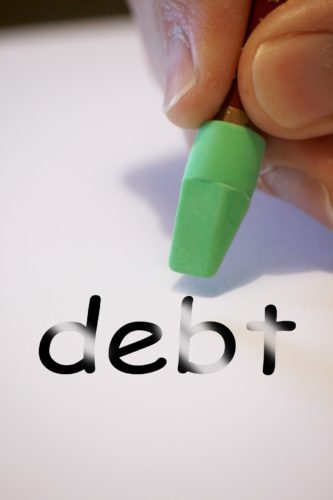
Who Should File for Chapter 7 Bankruptcy?
When a person is faced with financial problems, he or she may begin to consider the possibility of filing for bankruptcy. Sometimes financial problems are not due to spending problems, but perhaps a catastrophic event that caused a person to take on extraordinary costs. Regardless of the circumstances, deciding to file bankruptcy is never an easy thing, as it can mean that your credit worthiness will be in questioned for an extended period of time, and unfortunately it has a negative stigma attached to it. However, bankruptcy arguably has many more benefits than it has drawbacks. An individual can experience a sense of relief and financial freedom after filing for bankruptcy. It gives them the opportunity to start new and with a clean slate, but with more knowledge of how to help their financial stability in the future.
What is Chapter 7 Bankruptcy?
In Chapter 7 Bankruptcy, the debtor’s non-exempt assets can be liquidated in order to pay off creditors. Through this chapter, the individual’s assets are put into the bankruptcy estate and eventually sold to pay off unsecured debts. In some cases, an individual may be able to keep some assets, which are known as exempt assets. These exempt items may include, but are not limited to, the debtor’s primary resident (so long as the mortgage payments are current, if a mortgage exists), clothing, home furnishings, tools of the trade, and pension plans.
Chapter 7 No-Asset
In many cases, Chapter 7 bankruptcy cases are no-asset bankruptcies. In this instance, the debtor does not have any assets to pay off the creditors, or all assets the debtor has are exempt. The trustee assigned to your bankruptcy case can file a no-asset report. At the end of the bankruptcy matter, the unsecured debts can be wiped off and the debtor no longer has an obligation to pay those debts.
If you are experienced financial difficulties and are considering filing bankruptcy, you should consult with an experienced bankruptcy attorney. If you have questions about filing for bankruptcy or need assistance getting started, please contact the attorneys at Underwood & Micklin.

